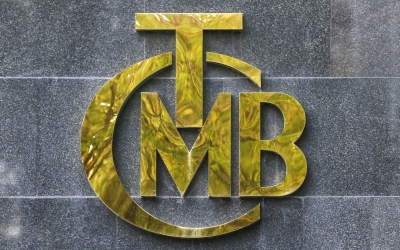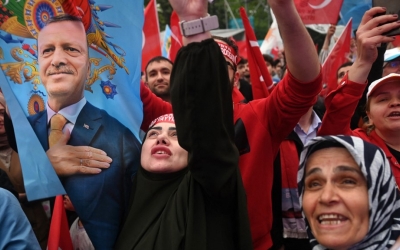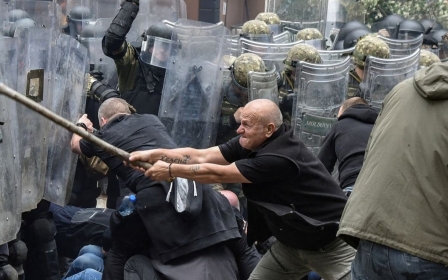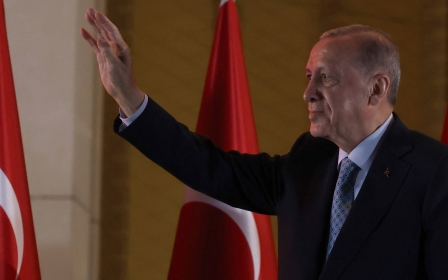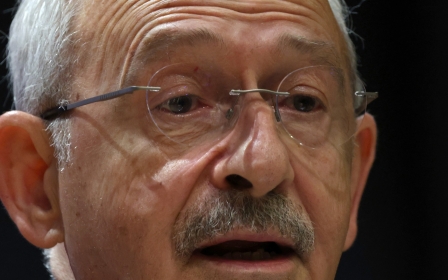Turkey's future foreign policy: Expect good ties with Russia and the Gulf
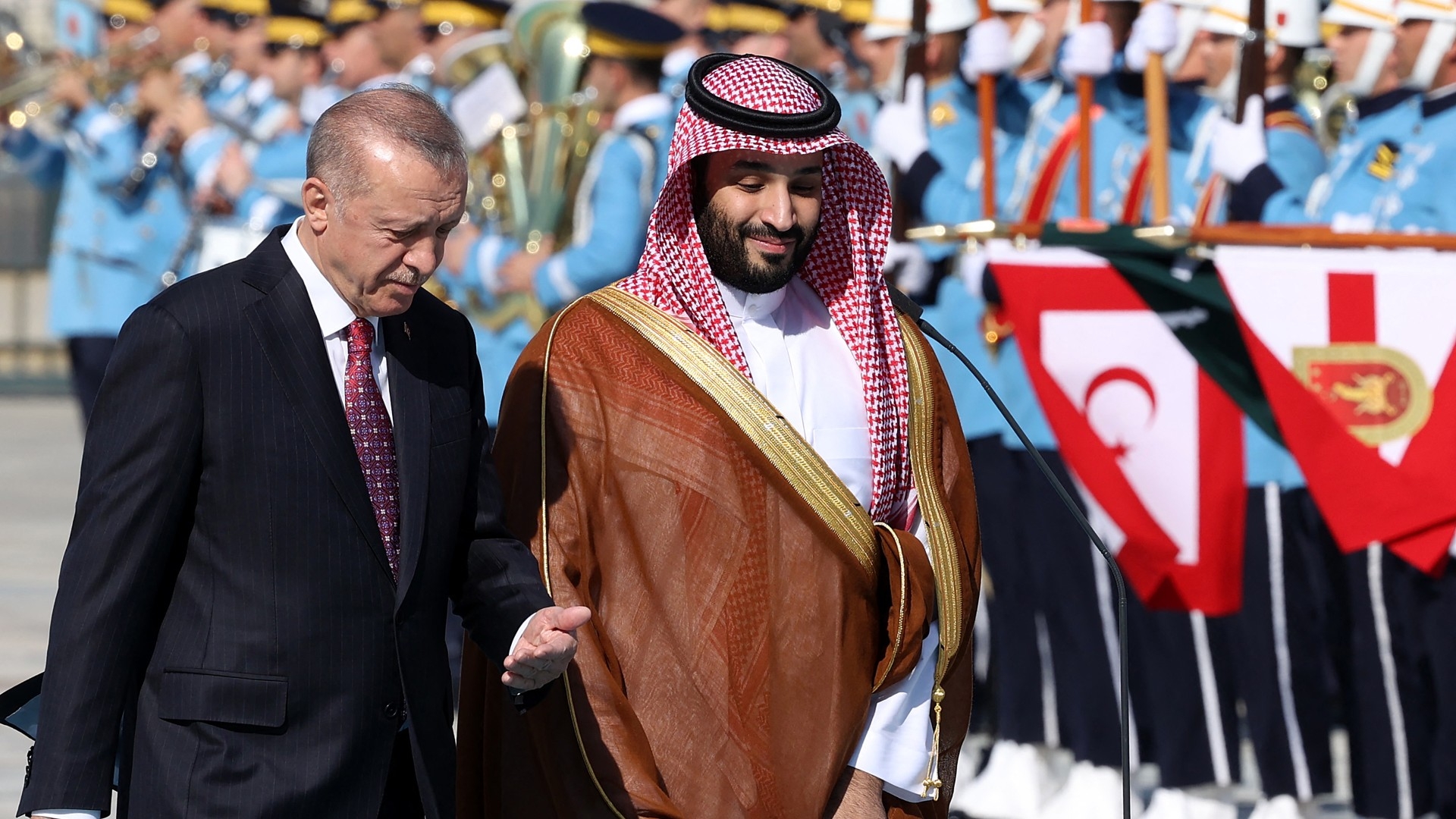
With divisive and nail-biting elections behind it, Turkish President Recep Tayyip Erdogan's government is expected to plough on with its independent foreign policy while seeking fewer confrontations.
Multiple sources outlined Erdogan's objectives for the future: diversifying the country's allies; preventing significant diplomatic crises; expediting the reconciliation efforts with Syria, Egypt and the Gulf states; and, above all, upholding independence.
"Turkey is positioning itself as a global actor or power. This signifies that Turkey adopts a distinct perspective on every conflict or issue it encounters," said Murat Yesiltas, head of foreign policy research at Ankara-based think tank the Foundation for Political, Economic, and Social Research (Seta).
It's a trend seen from the Ukraine war to Syrian Kurdish groups to the eastern Mediterranean, an approach that has occasionally placed Turkey in opposition to various regional and international powers.
And though the past decade has often been confrontational, there's a general sense from Turkish officials that, now detentes have been reached with several regional rivals, efforts will be made to avoid direct confrontations.
New MEE newsletter: Jerusalem Dispatch
Sign up to get the latest insights and analysis on Israel-Palestine, alongside Turkey Unpacked and other MEE newsletters
A foreign ministry source, speaking on condition of anonymity, told Middle East Eye that the economy will play a crucial role in shaping Turkey's foreign policy in the coming five years.
Nonetheless, it is anticipated Turkey will grapple with a range of challenges and concerns.
Relations with the West
"Turkey will be pursuing an independent foreign policy," James Jeffrey, former US special envoy to the global coalition against Islamic State group (IS), said last week.
This independence from the West is evident in three key areas.
Firstly, Turkey steadfastly demands the extradition of several Turkish citizens from Sweden on terrorism charges in return for accepting the Scandinavian country into Nato.
Secondly, Ankara persistently urges the US to halt its support for the PYD, a group that controls northeast Syria and which Turkey views as the Syrian branch of the Kurdistan Workers' Party (PKK), an armed group that has waged a decades-long war on the Turkish state.
Thirdly, Erdogan maintains a close personal rapport with Russian President Vladimir Putin, and refuses to join western sanctions on Moscow imposed over the invasion of Ukraine. In response, the United States has delayed the sale of F-16 warplanes to Turkey.
According to the Hurriyet daily, in a recent phone conversation between Erdogan and US President Joe Biden, the latter expressed his desire to advance the F-16 deal. However, Biden indicated that the ratification of Sweden's accession to Nato was a precondition.
"I told him we wanted a deal with Sweden, so let's get that done," Biden later told reporters.
Conversely, White House press secretary Karine Jean-Pierre said Sweden's ratification was not a requirement for the sale of warplanes.
According to Yesiltas, the main obstacle to achieving a full detente in Turkish-US relations is US support for the PYD, whose armed wing, the YPG, is Washington's chief ally against IS on the ground. However, he believes that the US is willing to continue working with Turkey as long as Ankara seeks to repair ties.
Regarding the European Union, key issues such as Sweden's Nato bid, the 2016 refugee deal, and the longstanding stalemate between Turkey and Greece over maritime borders remain at the forefront.
Several European leaders promptly congratulated Erdogan on his election win, emphasising the importance of maintaining cooperation with Turkey to preserve the refugee deal and stability in the Mediterranean Sea, while expressing their expectation for Sweden's ratification.
Erdogan is expected to prioritise maintaining stable relations with the EU and upholding the deal aimed at preventing refugees from reaching Europe.
In exchange for financial support and visa-free travel for Turkish citizens to the EU's border-free Schengen zone, Turkey has successfully curbed the flow of migrants to EU territories. However, the promise of visa-free travel has not been fulfilled due to a disagreement over Turkey's anti-terrorism law.
Erdogan recently accused the EU of using visa issuance as a means of blackmail against Turkey. Turkey currently faces the highest number of visa denials among countries seeking entry into the EU.
According to Yesiltas, there is a likelihood that Turkey will ratify Sweden's accession bid during the Nato summit in July. However, he also expects Sweden to take measures to prevent anti-Turkey demonstrations by supporters of the PKK.
In addition, Yesiltas believes that Turkey will request EU member states simplify visa application procedures.
In the eastern Mediterranean, there is a potential for a period of detente with Greece as Turkey focuses its efforts on exploring energy resources in the Black Sea and the Gabar Mountain, in southeast Turkey, where natural gas and oil have been recently discovered. However, the issue of a divided Cyprus is expected to remain unresolved.
Russia and Ukraine
Turkey has pursued a balanced approach regarding Russia's invasion of Ukraine from the outset.
While Ankara has sold armed drones to Ukraine, it has refrained from imposing any sanctions on Russia. Additionally, the deal brokered by Turkey and the United Nations to allow the safe export of grain from Ukrainian Black Sea ports has strengthened Ankara's position.
Turkish officials indicated to MEE that some European Union countries are in favour of Turkey maintaining this policy as it enables them to engage in discussions with Moscow through Turkey as an intermediary.
On a different note, Erdogan inaugurated the Akkuyu nuclear power plant, constructed by Russia, just before the elections, with Putin attending via video link.
The Akkuyu project extends beyond a mere construction endeavour, as it facilitates sharing of knowledge and technology between the two countries. In essence, Russia has played a significant role in Turkey's entry into the realm of nuclear power.
Nonetheless, Ankara and Moscow find themselves at odds over several issues, including Nagorno-Karabakh, Syria and Libya.
Middle East and North Africa
Turkey has been a staunch supporter of popular uprisings in the region, offering its support to governments in Libya, Tunisia and Egypt that followed the Arab Spring.
Consequently, this led to a confrontation between Ankara and several Gulf states, which have been supportive of various counter-revolutions.
However, Erdogan has initiated several reconciliation processes with countries such as Egypt, Syria, the United Arab Emirates and Saudi Arabia.
With Abu Dhabi and Riyadh, this involved signing substantial economic agreements worth billions of dollars, as well as securing a $5bn deposit in Turkey's Central Bank.
According to Yesiltas, re-establishing close ties with the Gulf states is not only beneficial for Turkey but also for the UAE and Saudi Arabia. He argues that we are now entering a phase where geo-economics takes precedence over geopolitics.
Yesiltas believes the UAE and other regional actors, including Egypt, no longer wish to continue military confrontations in Libya and instead recognise the value of Turkey's expertise and knowledge in the defence industry and technology.
Furthermore, he said, the rapprochement with the Gulf states and Egypt does not imply that Turkey will abandon its military influence in countries like Libya or Somalia.
Turkey also held a meeting with the Syrian government in Moscow in May, a decade after cutting ties and declaring support for Syria's opposition.
However, immediate positive results from this reconciliation are unlikely, as both sides have demands that seem unfeasible. While the Syrian government insists on Turkey's withdrawal of troops from the country's north, Ankara believes that such a pullout would strengthen the power of the PYD.
This article is available in Middle East Eye French edition.
Middle East Eye delivers independent and unrivalled coverage and analysis of the Middle East, North Africa and beyond. To learn more about republishing this content and the associated fees, please fill out this form. More about MEE can be found here.


